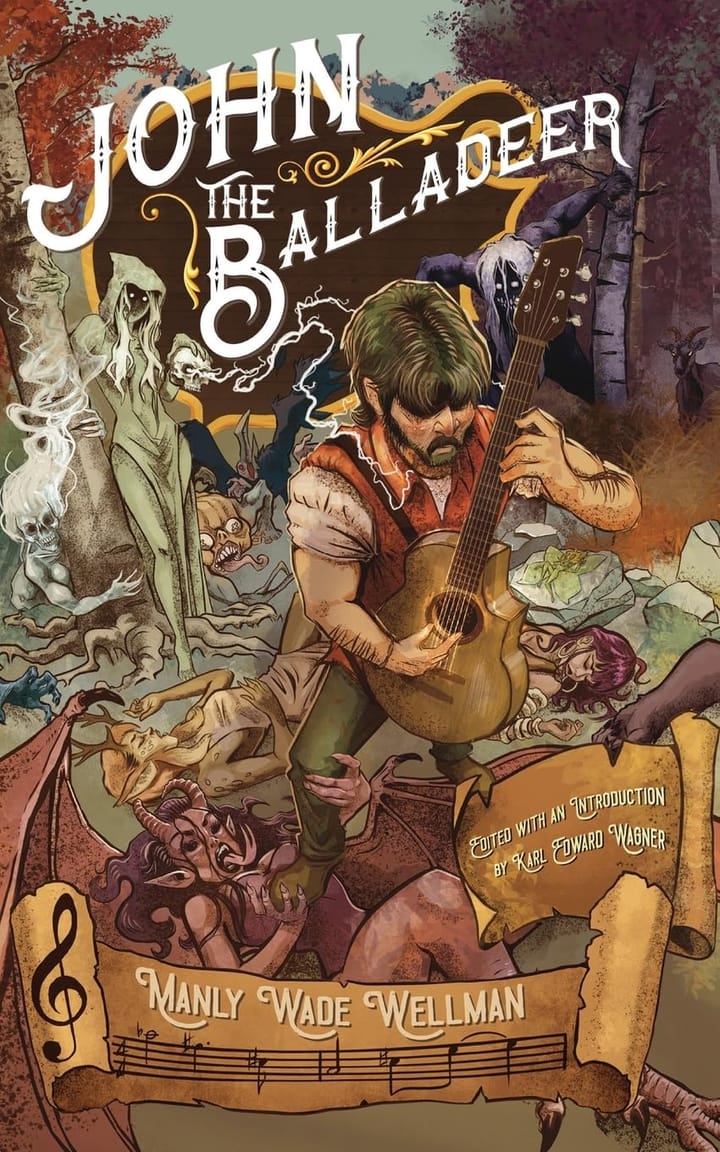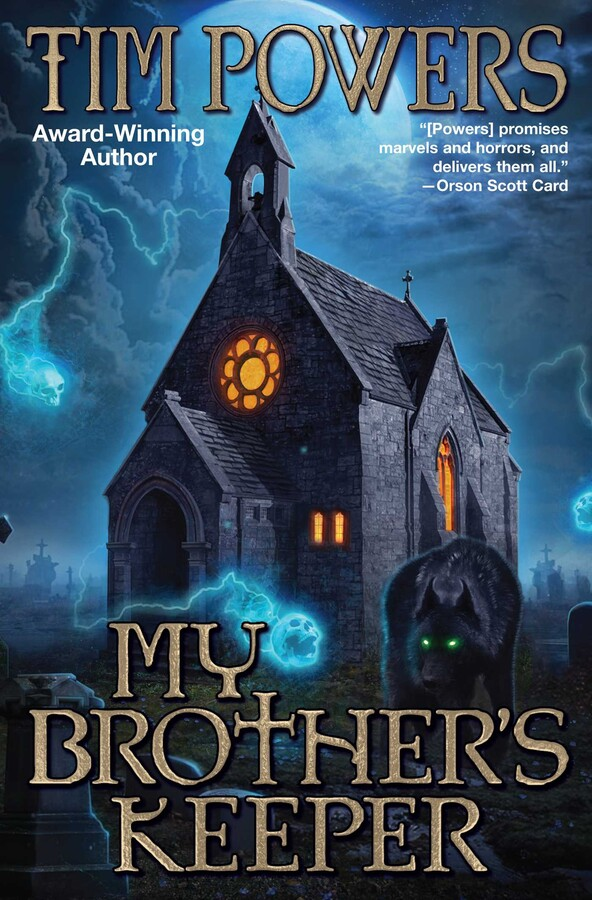The Long View 2006-04-05: Der Linkerstreit
Damon Linker continues to write some interesting things, occasionally sparring with Ross Douthat on Twitter. He is still mostly working the same beat as In 2006, arguing that the liberal state should keep religion at arms length, at least to judge from the title of his most recent book, The Religious Test.
John Reilly thought this characterization of Fr. Neuhaus was unfair, but I actually think it was pretty accurate:
First Things New Republic
Fr. Neuhaus really was a natural revolutionary. Much like Jerry Pournelle [1933 - 2017], Fr Neuhaus [1936-2009], Fr. Neuhaus started out as an anti-racist liberal with an axe to grind, but as a man of conviction, found that society's definition of liberal changed, but he didn't. Thus he found himself on the political Right, but he was basically interested in the same causes he always was.
The process by which the man who busted into Kissinger's office to berate him over Vietnam ended up publicly advocating for the United States to invade Iraq in 2003 is not as incomprehensible than Linker would have us think. Partly he was just older, and thus less given to grandstanding. Partly he was seeking to influence from the inside instead of the outside. But also, I think he really did believe that American power had an opportunity to right wrongs and ensure human rights in Iraq, which is much the same thing that motivated some of the advocates for involvement in Vietnam when Neuhaus was younger.
Unsaid here, but part of the rift between Linker and Neuhaus [and Rod Dreher and Neuhaus] was the trust Neuhaus had in the Catholic bishops when the sex scandals first became news. Linker and Dreher were appalled by the actions of the Catholic bishops who had covered for priests who had sexual relationships with minors, whereas Neuhaus insisted to them both that the Catholic hierarchy must know what it was doing. Much of this was done in person, rather than in print, so it was less clear to those of us on the outside.
As it turned out, Linker and Dreher were right to be appalled, and Neuhaus defended the indefensible. On the other hand, Fr. Neuhaus tended to be more circumspect in print. On the gripping hand, all of this came out after Neuhaus was dead, and he couldn't defend himself.
Der Linkerstreit
Sometimes people don't tell me things, so it was not until April 2 that I learned about the publication in The New Republic on March 24 of Damon Linker's review of Father Richard John Neuhaus's most recent book, Catholic Matters. Damon Linker is, of course, a former editor of Fr. Neuhaus's magazine, First Things. The piece in The New Republic attracted attention because it is not so much a review of Neuhaus's book as a denunciation of the idea behind First Things. As I understand it, that idea is that religion and religious questions are necessary features of public life.
Linker has decided otherwise. He characterizes Fr. Neuhaus as the leader of an ideology that seeks to overturn liberal modernity in favor of a regime of natural law: in effect a Catholic hegemony, in a cultural if not necessarily a confessional sense. Linker has a book coming out later this year in which he expands on these points, entitled The Theocons: Secular America Under Siege.
Again, since no one tells me these things, I did not notice until yesterday that Fr. Neuhaus had actually replied to Linker's review, after a fashion, in a short note posted on March 29 on the First Things blog. He did not mention Linker by name, but observed that the best way to deal with some critics is to try to josh with them. This, of course, recalls Richard Rorty's recommendation that liberals should not try to argue against religious propositions but to josh their proponents out of them.
Linker's article has produced hostile commentary online: think "auto-da-fe." Perhaps I should mention that I corresponded with Linker a few times when he was at First Things and he's never done me an injury that I know of. Still, I thought the New Republic piece was too personal, particularly his argument that Neuhaus is a natural revolutionary who just switched polarity about 1970 from the anti-war Left to the religious Right. (Fr. Neuhaus is, of course, a known Canadian, but that's another issue.) In any case, Linker has responded to his critics in various fora, and perhaps most fully on that commendable blog, The American Scene. This excerpt from that discussion says what he has to say better than the review does:
By contrast, the goods associated with the "good life" (like happiness, virtue, righteousness, and piety) would neither be presupposed nor explicitly cultivated by the political order. Why? Because in the modern age there was no plausible scenario in which consensus on these matters could be established or assumed. (In fact, with the rise of modern technology and surveillance it did become possible to imagine the imposition of such a monistic order, by totalitarian means.)
I prefer to call this the "liberal bargain" whereby every citizen of a liberal order is given the freedom to worship God as he or she wishes, without state interference, in return for giving up the ambition to political rule in the NAME OF HIS OR HER FAITH -- that is, the ambition to bring the whole of social life into conformity with his or her inevitably partial and sectarian theological convictions. As I said in TNR, short of universal conversion to a single faith community, such attempts will always end up being the imposition of one part of a highly differentiated community onto its other parts.
As a historical point, I might mention that religious peace descended on Europe not because of a consensus that religion was not worth fighting about, but because the confessions everywhere became secure: each regio with its own religio, and what the neighbors did on Sunday was none of one's business. Be that as it may, Linker's argument is essentially the one that Kant and Rawls made: only a political culture based on procedures can command the general consensus needed to conduct public life peacefully together.
This thesis is not naive, but neither is it true. There is a very good argument that the American concept of the separation of church and state is incompatible with what Rawls advocated. There has always been a strong transcendent element in American political culture. Toleration in the American context meant a deference to private conscience, a deference that was itself a religious doctrine. It is, of course, perfectly true that the mechanisms that evolved to facilitate this deference are Kantian procedural clockwork: we are all children of the Enlightenment, after all. Fundamentalist secularism, which is sometimes called "laicism," asserts that the religious presuppositions that underlie tolerance are irrelevant. To that proposition, I don't think I have seen a better answer than the one that William Ernest Hocking gave fifty years ago:
[T]he state depends for its vitality upon a motivation which it cannot by itself command... We have taken it for granted that the state can deal with crime, as its most potent function in maintaining public order. We have believed that it can educate our young. We have assumed that while leaving economic enterprise largely to its own energies, the state can cover the failures of the system, protecting individuals from destitution, caring for the aged and the ill. We have taken it as axiomatic that it can make just laws, and provide through a responsible legal profession for the due service to the people... We are discovering today, startled and incredulous, that the state by itself can do none of these things.
The state of the argument remains as it has been for centuries, but the historical experience of the 20th century has been that the politics of immanence, of neutral principles without a transcendent referent, have not brought peace. If there is controversy in America today about the political role of religion, it's because, for a generation and a half, the secular cultural-left have been the aggressors. Kant and Rawls advocated a politics of procedure because it would be predictable; indeed, that it would be conservative. But that is precisely what the secular-modernist experiment with government has not been. The reality of "the liberal bargain" is that most of the developed world now lives in daily anxiety about what new mutation of the moral sense that bureaucrats and judges will impose upon them with the force of law. Religion can be arbitrary, too, but never so arbitrary as postmodern pragmatism.
* * *
Books to combat the theocratic menace are proliferating. Last year I did a review for Democratization of Michael Northcott's An Angel Directs the Storm: Apocalyptic Religion & American Empire. I just did a review (for Kirkus Reviews: the review is available online only to subscribers) of Michelle Goldberg's Kingdom Coming: The Rise of Christian Nationalism. Viewers of the main part of my site will have noted my review of Kevin Phillips' American Theocracy.
That book, by the way, scarcely mentions the Theocon-Neuhaus wing of the theocracy that so exercises Damon Linker; rather, like Goldberg, it focuses on the small world of Reconstructionism, which does at least have the merit of being really theocratic. One is left to wonder, therefore, whether the Theocons and the Reconstructionists are part of the same conspiracy for world domination, or belong to different conspiracies, or perhaps are trying to gain control of different worlds.
Oh, I almost missed one: James Rudin's The Baptizing of America: The Religious Right's Plans for the Rest of Us. That comes out in the fall, but no one has sent me a review copy.
* * *
Speaking of hostile receptions, the recent publication of statements by ecologist Dr. Eric R. Pianka, University of Texas at Austin to the effect that the human race is about to suffer a massive die-off have not been met with universal approbation.
This is old news to those familiar with Voluntary Human Extinction Movement
Copyright © 2006 by John J. Reilly



Comments ()